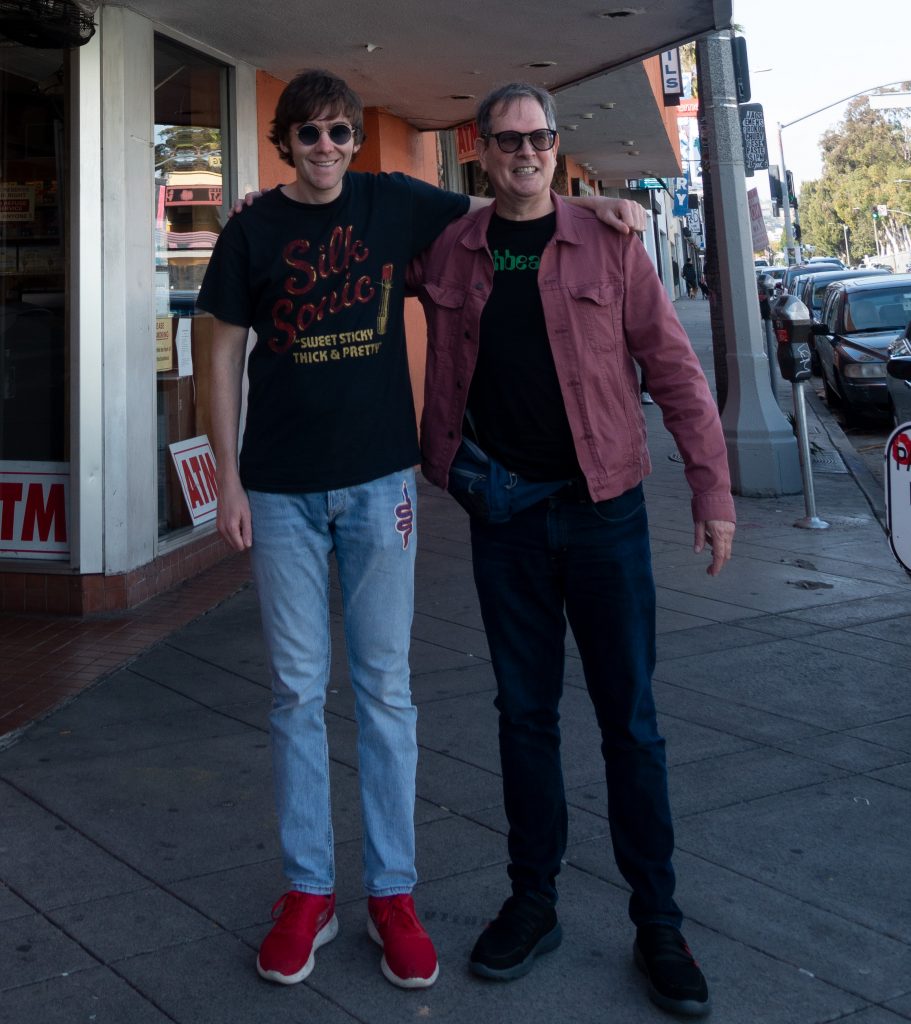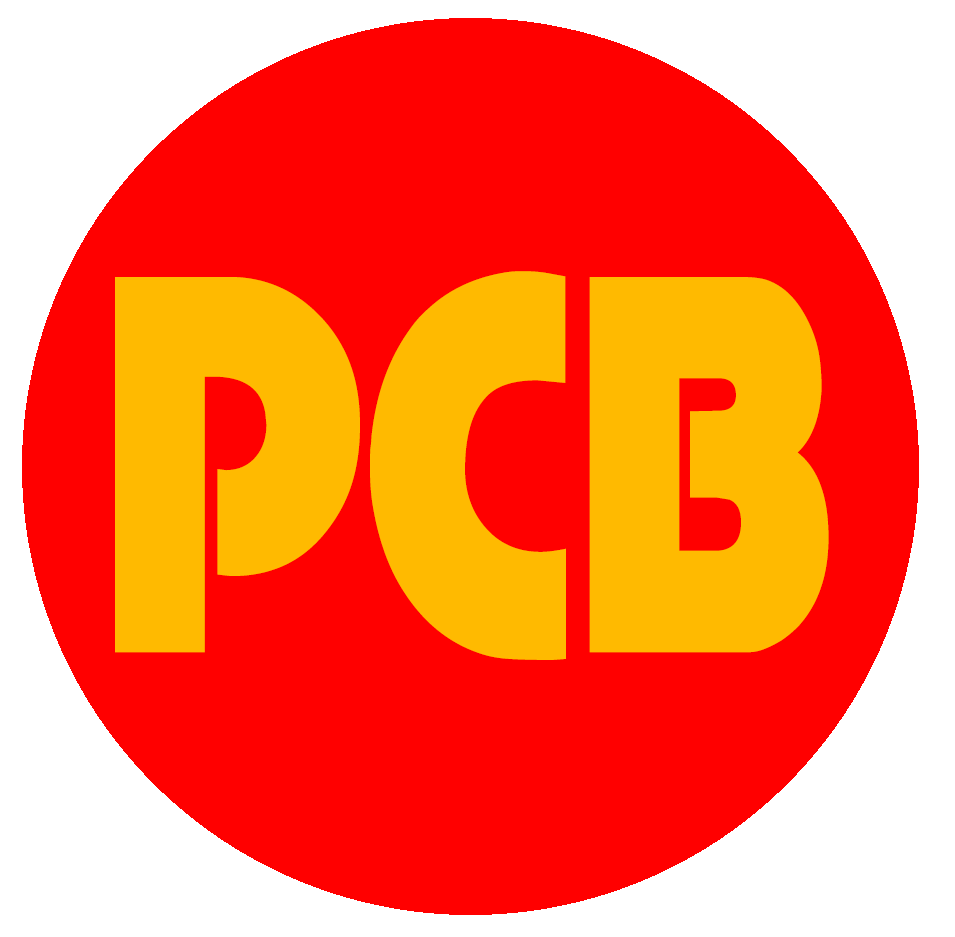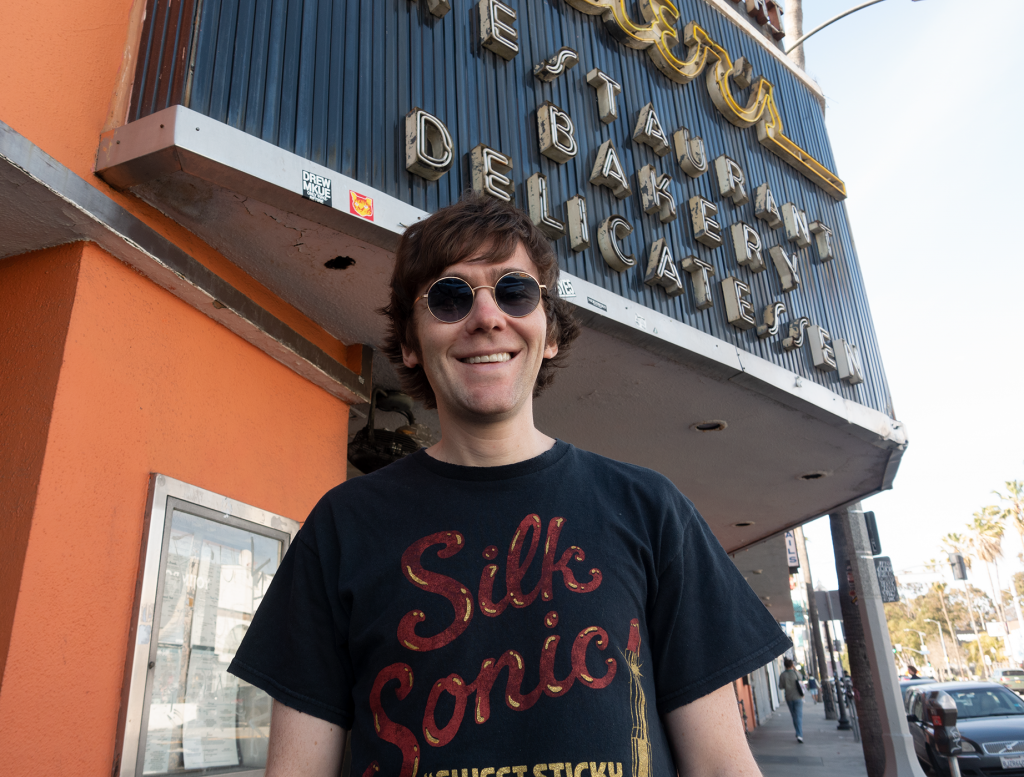By Keith Walsh
Having just turned 32 this year, British Fashion designer Tom Cridland has accomplished more than most of us even attempt. Despite launching his sustainable clothing brand in 2015, his PR firm in 2016, and a rock band The Tomicks in 2017, Cridland struggled with a devastating addiction to alcohol. He even released more than 100 songs in a boxed set as a singer/songwriter and toured with the legendary Stylistics. All the while, Cridland received the unwavering support of his business partner and now fiancée, Debs Marx, in a loving relationship that is at the heart of his multiple seven figure success.
In addition to these endeavors, Cridland has launched a podcast, The Greatest Music Of All Time, where he interviews hundreds of luminaries in the music world, and he has a successful Elton John tribute band. In his new memoir, ‘Million Dollar Addict’, Cridland goes into vivid detail about his business adventures and personal exploits, in a narrative that’s dialed back just a tad from the works of Hunter S. Thompson. I had the good fortune to sit at the legendary Canter’s Delicatessen on Fairfax in Los Angeles, to discuss the book with Cridland and Marx.

PCB: In your memoir, were you trying to shock, in the manner of Hunter S. Thompson?
Tom Cridland: No. To be honest, this is a very PC, very kind of trying to be mature version of events. This is not me trying to be Hunter S. Thompson. Otherwise there would be a Hunter S.Thompson version of this book and that would really shock you. But there’s some things that are better left private, as I say in the book.
PCB: You have a chapter called “True Love.” Love is a great motivation for songwriters and life in general. How has love played a factor in your multiple careers?
Tom Cridland: It motivates me a lot, that is what motivates me. I’m sure there are more things that motivate me, like if I was to be critical of myself, anybody who likes to do things like podcasts, or music, or fashion brands named after themselves have a fair amount of narcissism. But I try to be motivated by doing what’s right by both Debs and I, rather than just following vanity projects. To be successful I think you should do work that you relish and enjoy. And to work, it’s to support family. I just want to enjoy life with people that I love. So that’s my motivation.
PCB: In the first chapter, you quote from the Gospel of Matthew. Are you concerned that you might trigger the left with something like that?
Tom Cridland: To be honest, I’m very scared of getting on the wrong side of the angry people from either side. I know things are very polarized right now. I really don’t fall on any side. I just like to have a joke and a good time. So I hope that people don’t take things in the wrong way. But if they do, to be honest, I don’t care.
PCB: About your career in fashion – Did you take offense when Jonathan Margolis in the Financial Times said that fashionistas such as yourself didn’t know what they were doing?
Tom Cridland: I don’t care. I found it funny. He found me funny. Jonathan Margolis thought ‘this guy is like a complete joker, complete pretender, he literally has come out of nowhere, he has no expertise,’ and I found that funny. I didn’t mind him, laughing at me, and I don’t find it demeaning, if he wants to demean me, that’s fine.
Debs Marx: He’s got pretty thick skin.
Tom Cridland: I’ve had all level of insults and criticisms thrown at me.
Debs Marx: And you’re very open. You’re very self critical as well, so you’re prepared.
PCB: And that lady from the BBC who repelled you by sending you hostile emails? Have you been on the BBC since she did that?
Tom Cridland: Yeah, loads of times. I’ve probably been on the BBC twenty, thirty times? So it’s a bit weird for someone from the BBC to be like that. So it’s like “you use me, and my time, for which you don’t pay me, I know I get press exposure,’ but how weird to hear from someone with whom we interviewed some 30 times, how does that make sense? I think she’s an embarrassment.
PCB: Each chapter in ‘Million Dollar Addict’ ends with a maxim or principle. What are the top three?
Tom Cridland: I guess it depends on what subject, whether it’s the sobriety, whether it’s the business…I guess in general, the philosophical one, about if you’ve got family, people you love, to be sure you let them know it. That’s the good one. That’s why I finished with that one.
PCB: You did write songs about Debs, about your parents, about your brother James….
Tom Cridland: Yeah, yeah. I kind of regret writing that one about James, I mean I don’t, but whenever he’s drunk he plays it to me. I’m glad he likes it. I don’t regret, but he does like playing it ten times in a row when he’s had too much to drink.
PCB: This is a naughty question: What’s better, a pint of cheap lager or an IPA?
Tom Cridland: Cheap lager, Keith. I’m not a sophisticated drinker. I just like getting drunk. I just like cheap lager and cigarettes. (Editor note: Cridland hasn’t had a drink in nearly six years).
PCB: You said in the early stages of having success with your fashion brand, you felt imposter syndrome? The feeling that you didn’t earn it. Do you still suffer from that?
Tom Cridland: I don’t suffer from that at all. We’ve worked pretty hard. There are people who have worked less hard than us that have gotten further. I don’t suffer from imposter syndrome. It was mainly that I suffered from imposter syndrome when we started a PR agency, ‘cause we hadn’t work at any other PR agencies, we hadn’t done PR at Uni…
PCB: And the lady who said ‘you’re a posh boy with posh connections?’ In what sense is that not fair? You reached out, you got your college degree….
Tom Cridland: Well, the college degree helped with nothing, really. Because I did it in French and Portuguese, I was very lazy. I did get a good grade, by the skin of my teeth. But I’ve never had to use a CV to get a job, so I mean ‘posh boy with posh connections,’ people can get a certain impression and run with it. But I don’t mind—I find that funny as well. They can assume anything. People can assume whatever they want.
PCB: When you’re sending pants to celebrities in the beginning of creating your fashion brand, how did you get the contacts?
Tom Cridland: I just Googled databases.
PCB: Are these free databases?
Tom Cridland: Yeah, there’s like The Handbook…
Debs Marx: That’s like 50 quid a month, I think.
Tom Cridland: These contacts are very readily available. It’s how you use them. ‘Cause they get inundated.
PCB: Yeah, how do you set yourself apart from the crowd, in an email for example?
Tom Cridland: I don’t know, if you’re just offering something free. And you have nice photos etc.
PCB: And once it snowballs, and you have Ben Stiller, and Daniel Craig…
Debs Marx: Getting the first, is hardest…
Tom Cridland: What’s your offer, is your offer ‘I want your help doing this?’ In which case they’re probably going to say ‘no.’ Or is the offer ‘do you want something for free?’ In which case they’ll be like, ‘ok, fine.’ So it really depends on what your offer is.
PCB: Did you get photos of them wearing them? How did you know that Daniel Craig wore them?
Tom Cridland: We got pictures from some of the people, and some of the people just said ‘thank you.’ And if you’ve sent someone a pair of trousers, then you can say ‘we’ve made trousers for so and so.’ That’s PR.
PCB: What strategies and techniques did you use to fix the mistake of the exploding crotches?
Tom Cridland: We just had to change production and do rigorous testing.
PCB: How did you do damage control?
Tom Cridland: It’s very, very difficult to do damage control.
PCB: Is that when you got the idea to do the PR firm? (To Debs: Was it your idea to do the PR firm?)
Debs Marx: That was your idea, initially (to Tom). Off the back of press that Tom had got.
Tom Cridland: It was my idea to do the PR firm, But Debs has been the main person running it, really,
PCB: You’re in London, and Northamptonshire. How hard was it to get across to the U.S. with your PR firm? What methods did you use, email, did you use snail mail?
Tom Cridland and Debs Marx: Just email.
PCB: That’s it?
Tom Cridland: Yeah, everything’s done in email.
PCB: Obviously you have a lot of work, putting in 10 hour days, 12 hour days?
Tom Cridland: Yeah, a lot of long days. We’ve been around the clock on different projects.
PCB: When you have campaigns, do you ever have to go without sleep for a couple days?
Tom Cridland: Oh, no.
PCB: I fall apart without sleep!
Deb Marx: (To Tom) You can stay up late, but I get to a point where I can’t do anything.
Tom Cridland: We work all day, but we always take time to have lunch and dinner. And if we’re not at home, we’ll often go out and have dinner, and break up the day that way.
PCB: Was it from your home, or was it from your office?
Tom Cridland: We never set up a physical office. We didn’t want to spend the money on rent.
Debs Marx: There was also no point. When you have clients in Australia, or the U.S., there’s no need to be in a certain place.
Tom Cridland: A lot of it can be online, phone calls.
PCB: Do you believe in luck? To have success?
Tom Cridland: Yeah, yeah sure. You need to be lucky. But I think if you try loads of different things that you might get lucky on some.
PCB: It’s always making the effort.
Debs Marx: Oh yeah. You can’t be lucky with no effort. You could…but…
Tom Cridland: That’d be extra lucky! You’re more likely to be lucky if you’re trying loads of things and working hard all the time.
PCB: Do you think that showing people the darker side of the drinking in your early days that it will shock them…or to think that ‘ok if Tom can do it I can do it?’ Could these principles work for anybody? Even the most poor person? The advice in the book is ‘work hard, don’t drink?’
Tom Cridland: I mean, it’s pretty simple advice.
Debs Marx: And I also think not caring what people think, that’s a big part. A lot of people drink for just social pressure.
Tom Cridland: I think the drinking thing, whether or not you drink has nothing to do with money. Other than being able to afford to drink.
PCB: What about people born in the inner cities who have fewer options and are more likely to get depressed, to fall back….
Tom Cridland: One hundred percent. I’m from a privileged education, but I’ve been given no money. I have a very supportive family, emotionally. But I’ve got to go out and earn a crust in the same way that anyone does. And if I didn’t, maybe I could go back home and live in the spare room and eat cheese toasties, so that makes me inherently more privileged than the next person. But at the end of the day, we’ve got to pay bills, like anyone else.
PCB: With your success, do you ever look at the world problems, and ever think that you want to help solve important problems like hunger?
Tom Cridland: I don’t have that sort of money.
PCB: You might use your campaigning skills to make people aware?
Tom Cridland: If I was happy with the amount of money that we had made, then I would potentially do that. But I’m really not into this culture of people with very, very deep pockets indeed saying ‘we’re going to help this, we’re going to help that,’ and how much do they actually do…
PCB: What about Elton and his AIDS Foundation?
Tom Cridland: He makes a big difference. He’s brilliant with his charity work. I know a lot of people who have foundations, but he has one of the best track records for fundraising out there. I’d love to do something like that, but he’s Elton John. He didn’t have the Elton John AIDS Foundation when was 32 like I am. He was like nearly 50 when he started it.
Tom Cridland dot com
Tom Cridland YouTube
Deborah Marx Management
Tom Cridland On Popular Culture Beat
The Tomicks On Instagram
finis


2 thoughts on “Q and A: Fashion Empresario Tom Cridland Tells All In Memoir ‘Million Dollar Addict’ (Part 1)”